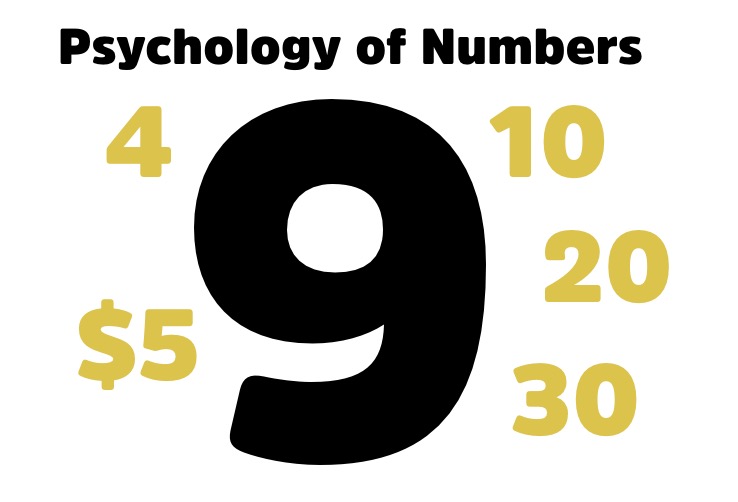
I get asked a lot about numbers and psychology. Here are some common questions and the answers I give.
Q: Are odd or even numbers more attractive?
Humans “prefer” round numbers.
Evidence:
- Individuals tend to recall odd-ending prices less accurately than even-ending prices
- Expressing a price as odd-ending increases the likelihood that it will be underestimated when recalled
- People prefer to ignore the last available digit for conservation of memory
- Americans cluster their tips around multiples of $5.
- Preference for round prices is so strong that restaurant dinners will calculate an exact tip amount to arrive at a round check total.
- Direct evidence that investors prefer round numbers when buying stocks
- Stock prices cluster on round fractions
Source: Aesthetic preference for even or odd numbers
Not as simple as that of course:
- Prices ending in “9” were more likely to find buyers, relative to the prices ending in “4”
Source: Effects of $9 Price Endings on Retail Sales: Evidence from Field Experiments
Q: What is the right number of items to put in a list / navigation menu / widget?
The psychology of lists, how many items is the best. Spoiler, it’s multiples of 10.
Power of Ten: The Weird Psychology of Rankings
I bust the myth of the magic number 7 +/- 2:
Miller’s number 7 ± 2: Psychology Myth Busting #2 – Joe Leech @mrjoe
The magic number when it comes to items in our heads all at once might be 4: (academic paper)
The magical number 4 in short-term memory: a reconsideration of mental storage capacity
Hick’s Law describes the time it takes for a person to make design is directly related to the number of options they have to choose from. Less options. Faster choice.
